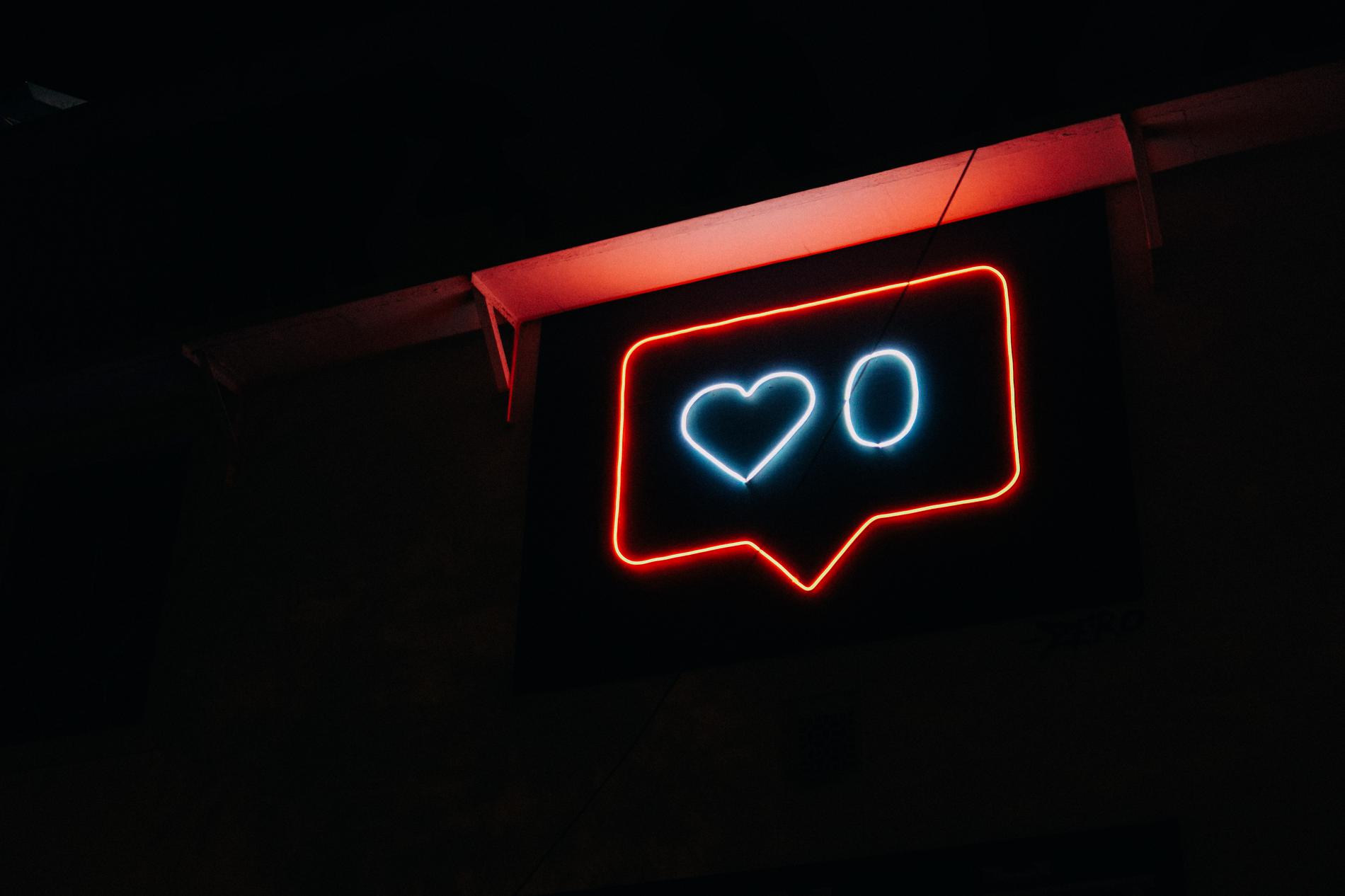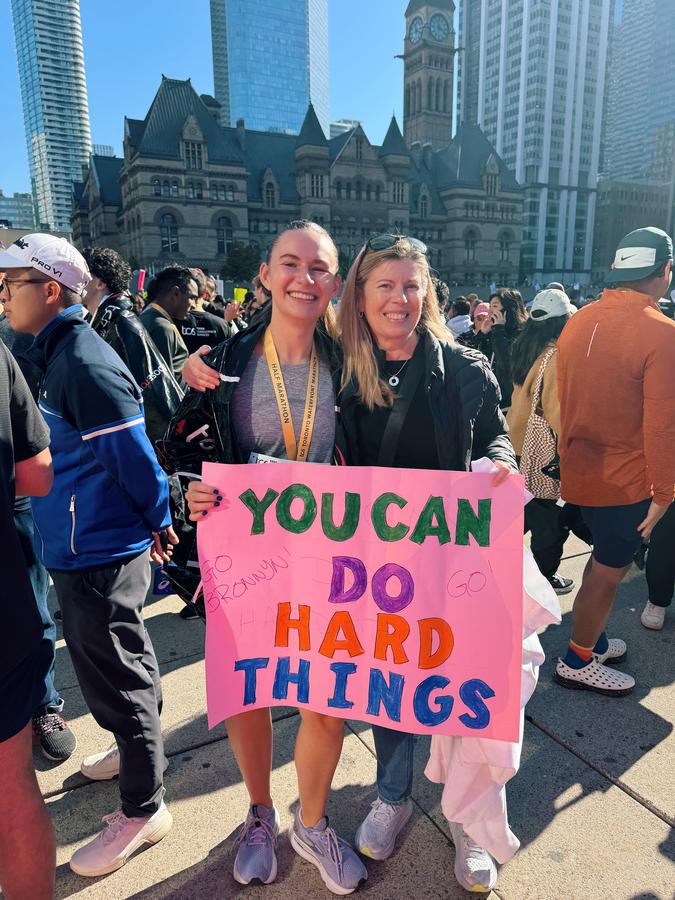
Anonymous
Nov. 8, 2023, noon

The ads for weight loss programs started hours after I googled dieticians in my area. A parade of wellness and body positivity Instagram influencers showed up in the following days. The internet obviously assumed I was looking for a dietician because I wanted to lose weight. In fact, I was looking for a dietician because I had just had another tearful meltdown about pizza and I was beginning to suspect that my weirdness about food and my body was getting out of control. My new dietician agreed–she was the first person to say out loud what I already suspected: I had an eating disorder. So there I was, wanting to recover from an eating disorder and caught in ad and content algorithms that wanted to perpetuate it. The situation was not ideal.
The fact is, the ads had always been there, because if you are a woman on the internet, especially if you interact with messaging related to food, exercise, fitness, body positivity, or wellness, the ads and content are there, but after I started working with my dietician, they reached a fever pitch. Not only were there more of them, but to be honest, I noticed them a lot more too. Countless cleanses and diets and “wellness” programs popped up in my feed claiming that they would help me reach my “health” goals and live my best life, but all with the same implicit aim: to keep me locked in a cycle of feeding the eating disorder monster.
The ads were accompanied by a seemingly endless supply of the fitness, wellness, and body positivity influencers that instagram really wanted to show me. I noted, with no surprise, how many of these influencers were using their message of body acceptance to promote some clothing, lingerie, activewear, or swimwear line. I was annoyed by how easy body positivity and acceptance is for the army of conventionally attractive influencers with bodies that mainstream society already viewed in a positive and accepting manner. I was irritated by how many wellness influencers wanted to sell me an expensive supplement or sugar free, high fiber, low calorie vegan energy bites. In hindsight, I am struck by how many of the fitness influencers talked about food and exercise in the same way as someone with an active eating disorder.
In time, I became acutely aware of how much of my time Instagram was taking, and in exchange, all it offered was content that was making it impossible to silence the monster in my head. I was flummoxed by the fact that the fitness, wellness, and body positivity influencers and diet program ads kept showing up no matter how much I curated my feed and told Instagram I didn’t want to see that ad. When I asked Instagram why it was showing me ads for diet and fitness apps that promised miracle weight loss, it told me it was because I am a woman in Canada. Great. I realized that the target audience for a lot of “targeted” advertising was so big that it is inescapable. I came to understand that Instagram has no incentive to honor my preference not to be inundated with ads for weight loss and wellness products. I grew concerned about the negative impact this advertising disguised as content was having on my mental health and on my recovery.
In the end, I doubled down on ad blockers on my browser and resolved to train myself to be much more intentional about what I engaged with online. I also eventually deleted my Instagram account, at least for the time being. I may not go back, because I’m happier now and I spend less money on things I don’t need or want. I know that my course of action isn’t feasible for everyone and that’s fine. The overall takeaway is still important, especially for those in recovery: when you are getting content for free, you are the product. Free online content is invariably trying to sell you something, whether it’s a product, an ideology, or a worldview. In my case, that worldview was diet culture and fatphobia, albeit cloaked in a veil of body positivity and wellness. I would bet the contents of my bank account that it’s the same for many people reading this.
There isn’t a perfect solution, but it’s important to be mindful when you’re online, because you usually can’t tell that the algorithm is going to show you something harmful until it already has.
The Author, who chooses to remain anonymous, speaks from both their lived experience and expertise in cultural studies and consumer culture.

July 9, 2025, 3:47 p.m.

May 22, 2024, 12:40 a.m.